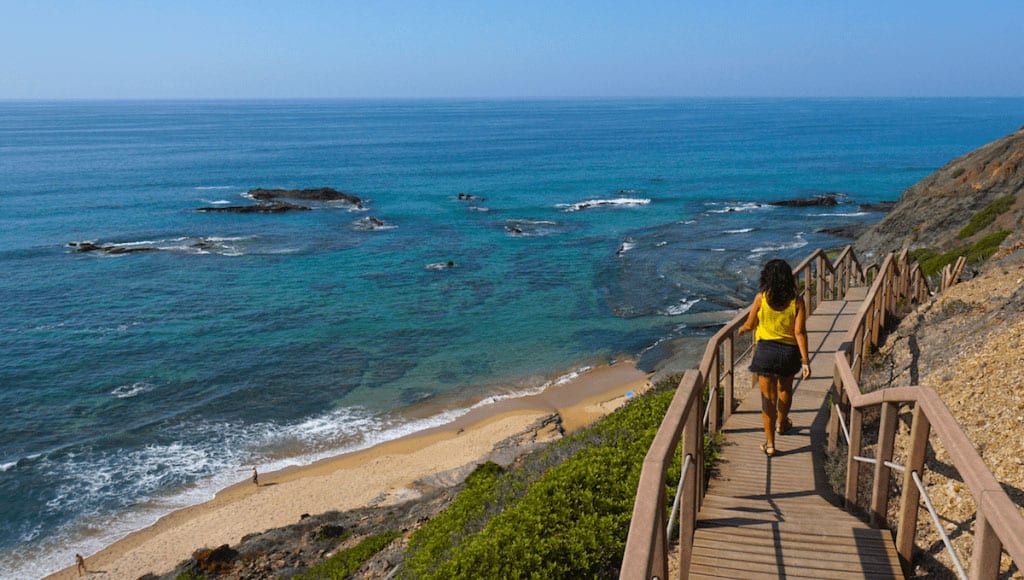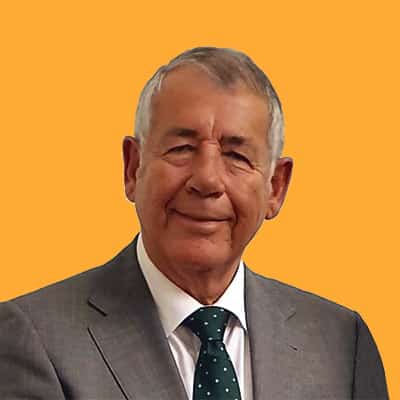Well, we certainly have plenty of sun, but are we paying enough attention to safety?
Whether we are walking in the hills, sun bathing on the beach, swimming in pools or in the sea or enjoying the levadas in Madeira, there are certain precautions we should all take to avoid accidents or worse.
One of the great attractions in Portugal is its weather, and thus enjoying outdoor activities. To maximize this enjoyment I have put together some of the advice provided by government in order to create awareness and therefore reduce the risk of an accident occurring.
Rural fire risk
We start with the big one. By now most people should be aware of the risk of rural fires. High temperatures, low humidity and high winds are a toxic combination that provide the conditions for rural fires and the fast spreading of such fires. But, these conditions alone do not start fires, it is usually though negligence, and to a lesser extent, deliberately.
It is forbidden in rural areas to make fire of any kind, including the provision of campfires for recreation or for cooking food, as well as the use of burning and combustion equipment for lighting. It is also forbidden to use fuel, matches, gas or other dangerous materials for lighting or cooking; burn vegetation in any area that was cut or stacked (except with authorisation), release balloons with fire or any other kind of fireworks in any area. It is also forbidden to smoke, in the forest areas and in the pathways that border or cross them.
High temperatures
Already this year we have seen higher than usual temperatures across the country, and in many areas, records have been broken in the last week with temperatures up to 43ºC. In such conditions, care has to be taken to avoid dehydration or even worse.
The Director General of Health has issued advice on this subject which can be found in English on the Safe Communities website. This includes, avoiding direct sunlight, especially between 11am and 6pm; increasing your intake of water or natural fruit juices even at night. Children under six months should not be subject to direct or indirect exposure to the sun. DGH also recommends avoiding activities that require great physical effort, such as sports and outdoor labour activities. We also need to pay special attention to groups most vulnerable to heat – the chronically ill, the elderly, children, pregnant women and outdoor workers.
Ultraviolet (UV)
Solar radiation is an important natural factor of the Earth’s climate, significantly influencing the environment. It can, however, cause serious damage to health. UV levels in Portugal are measured from 1 – 11+, the latter being the highest. It is important to regularly check UV levels in your area if you are planning outdoor activities.
The UV average for Portugal between the months of October and April ranges from levels 3 and 6, but increasing to 9 or 10 (very high) or 11 (maximum) between May and September. At these levels, IPMA recommends the use of sunglasses with UV protection, wearing a hat and t-shirt, use of sunscreen (factor 30 and above) and avoid exposing your children to the sun. At level 11, it recommends avoiding all exposure to the sun.
Safe swimming
OK, it is very hot, so what better activity than to jump in the pool or visit the beach and go for a dip? However, unfortunately, the number of drownings in 2023 were 155, the second highest for seven years. This year, up to 1st May, there were 49, so it is important to take some precautions. Over 95% of drownings occurred at locations where there were no lifeguards.
Beware of dangerous beach currents: these can be very powerful. Ask locally if there are any known dangerous currents or dangers caused by the tides and avoid swimming in these areas. Beware of underwater hazards, such as reefs, rocks, sudden changes in depth and marine life. It is important to only dive where it is permitted to do so, and don’t dive or jump from rocks, cliffs, piers and breakwaters etc.
Children should be supervised by an adult at all times and never left unattended, even if a lifeguard is present. Armbands can be a good training swimming aid for children but are not a substitute for supervision. Never swim at night, after drinking alcohol. Know how and where to get help if you see someone in difficulty; raise the alarm, preferably with the emergency services – ensure you know the correct number for the country you’re in.
Rip tides are currents which may appear near jetties, rocky outcrops or along the beaches (at regular intervals). These currents can be very strong, dragging the bather, unsuspecting, to distant and deeper areas of the sea. They often appear as patches of calm water between areas with waves. If you are caught in a rip tide, do not panic or try to swim against the current. Instead, turn and swim parallel with the coast to a point you are no longer affected by the current and then swim back towards the shore.
Lastly many residence have swimming pools, so it is important to closely supervise young children. Remember it just takes a few seconds unsupervised for a child to drown. Keep an eye on children at all times; do not leave toys that attract children in pools.
Madeira Levadas
A Levada walk is one of the highlights of an outdoor experience when visiting Madeira – there are over 100 extending for some 2000 kms! Some can be very steep and narrow with drops of several hundred meters, and occasionally there have been accidents involving hikers. It is important therefore that you take safety precautions. In Madeira the weather can change suddenly so it is best to be prepared.
Government advice includes: when taking a Levada walk for the first time, it is recommended to do so accompanied by a qualified guide; prepare yourself and collect all the updated information about the route you are planning to follow; if you are scared of heights, then make sure to do your research before taking a levada walk. It is also important to calculate the total time you will be spending on that route (so that you will finish the walk before dark and inform the hotel you are staying in or any other reliable person about the route that you plan to do and the expected time of arrival).
By David Thomas
|| features@algarveresident.com
David Thomas is a former Assistant Commissioner of the Hong Kong Police, consultant to INTERPOL and the United Nations Office on Drugs and Crime.
In 2011, he founded Safe Communities Algarve to help the authorities and the community prevent crime. It is now registered as Associação SCP Safe Communities Portugal, the first national association of its type in Portugal.
913 045 093
info@safecommunitiesalgarve.com
www.safecommunitiesportugal.com















